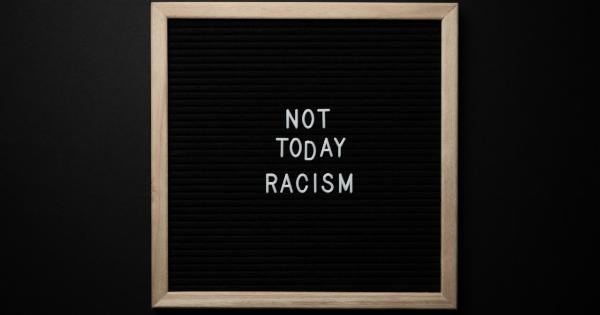As a parent, it is natural to be concerned about your child’s behavior and development. At 16 months old, your baby is becoming more independent and curious about the world around them.
However, it is possible that you may be noticing some behaviors that you are unsure about.
What is hyperactivity?
Hyperactivity is a term used to describe excessive activity or restlessness. It is a common symptom of Attention Deficit Hyperactivity Disorder (ADHD) in children, although not all hyperactive children have ADHD.
Hyperactivity can also be a symptom of other conditions, such as anxiety or sensory processing disorder.
What are the signs of hyperactivity in a 16-month-old?
At 16 months old, your baby may exhibit some signs of hyperactivity. These can include:.
- Difficulty sitting still for extended periods of time
- Excessive fidgeting or squirming
- Constantly being in motion, such as running or climbing furniture
- Unusually high energy levels, even after physical activity
- Difficulty with transitions or changes in routine
- Frequent tantrums or meltdowns
- Difficulty sleeping
What causes hyperactivity in babies?
Hyperactivity in children can be caused by a variety of factors, including genetics, environmental factors, and neurological differences. In some cases, hyperactivity may be a symptom of an underlying medical condition.
However, in most cases, hyperactivity is simply a normal part of childhood development and will lessen as your child gets older.
When should I be concerned about my baby’s behavior?
If you are concerned about your child’s behavior, it is always a good idea to talk to your pediatrician. They can evaluate your child and rule out any underlying medical conditions. However, there are some signs that may warrant a closer look:.
- Behavior that is significantly different from other children their age
- Behavior that is causing disruption in their daily life or the lives of those around them
- Behavior that is consistent over time and across different environments, such as home, daycare, or school
What can I do to help my hyperactive baby?
If your child is displaying signs of hyperactivity, there are several things you can do to help:.
- Establish a consistent routine to help your child feel more secure and in control
- Provide your child with plenty of opportunities for physical activity, such as playing outside or taking a dance class
- Offer your child plenty of opportunities for sensory stimulation, such as playing with different textures and objects
- Limit screen time and other overstimulating activities, such as loud music or bright lights
- Be patient and understanding, and avoid labeling your child as “hyperactive” or “difficult”
- Consider seeking professional help if your child’s behavior is significantly impacting their daily life or the lives of those around them.
Conclusion
As a parent, it can be difficult to determine whether your child’s behavior is normal or cause for concern. If you are worried about your child’s behavior, talk to your pediatrician and seek professional help if necessary.
With patience, understanding, and support, you can help your child navigate their development and grow into a happy, healthy, and well-adjusted individual.































